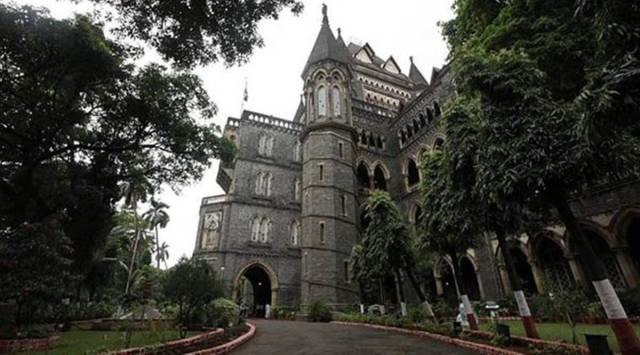Sanjay Gandhi National Park area: Bombay HC issues notices in PIL seeking rehabilitation of over 21k slum-dwellers
The PIL has urged the court to direct the authorities to abide by earlier HC orders, and provide alternative accommodation to over 21,000 members of the petitioner association.
 The PIL stated that while the biometric survey was conducted in 2018 and over 16,800 slum dwellers were identified for alternate accommodation, the authorities had failed to take any action, prompting the association to approach the HC for a relief.
The PIL stated that while the biometric survey was conducted in 2018 and over 16,800 slum dwellers were identified for alternate accommodation, the authorities had failed to take any action, prompting the association to approach the HC for a relief. The Bombay High Court on Thursday issued notices to the central and state governments along with other authorities seeking their response to a public interest litigation (PIL) by several housing complexes and settlements of slum dwellers in Sanjay Gandhi National Park (SGNP) near Borivali (East) area.
The PIL has urged the court to direct the authorities to abide by earlier HC orders, and provide alternative accommodation to over 21,000 members of the petitioner association.
A division bench of Acting Chief Justice Sanjay V Gangapurwala and Justice Sandeep V Marne was hearing the PIL filed by Samyak Janhit Seva Sanstha — an association of residents from slums at SGNP — representing nearly 16,929 slum dwellers who had paid fees suggested by the HC in its order, along with 4,691 slum dwellers who could not pay the fees. The plea — filed through advocate Kameshwar Tiwari — has sought directions to the central and state governments, Brihanmumbai Municipal Corporation (BMC), Conservator of Forest (SGNP), Slum Rehabilitation Authority (SRA), and Mumbai suburban district collector as respondents in the case.
The PIL stated that while the biometric survey was conducted in 2018 and over 16,800 slum dwellers were identified for alternate accommodation, the authorities had failed to take any action, prompting the association to approach the HC for a relief. In 1995 , the Bombay Environment Action Group (BEAG) had approached the HC, seeking directions to remove quarries and other encroachers from SGNP area by demolishing all unauthorised and illegal structures there and relocating the residents in non-forest areas , it added. As per the HC order, basic amenities like water, electricity, and transport to the said settlements were discontinued in 1997, and the authorities were directed to remove the settlements and ensure that there were no further encroachments. In July 1999, the HC directed the authorities to relocate slum dwellers who had structures prior to January 1, 1995, to Kalyan. The state government had told the bench that out of nearly 60,000 slum dwellers, structures for nearly 33,000 were constructed prior to January 1, 1995, and they were eligible for alternate sites or accommodation.
The government later submitted that it had initiated the demolition drive and nearly 20,000 illegal structures were removed. The HC then directed eligible beneficiaries to pay Rs 7,000 (per family) as relocation expenses to the state government, and the monitoring committee for the process was appointed.
The petitioner, however, said that at present 11,380 eligible slum dwellers out of the 33,000 have been given alternate accommodation at Chandivali, and the authorities have removed their respective pitches. Some 16,929 eligible slum dwellers, who have deposited Rs 7,000 have not yet been allotted any alternate accommodation, and that nearly 4,691 individuals who could not deposit the said requisite fee have been residing in SGNP area and are awaiting relocation.
The authorities concerned ‘miserably failed and neglected’ to comply with judicial orders and their actions were ‘illegal, arbitrary and unconstitutional’, and the rights of ‘poor citizens’ are required to be protected, reads the plea, seeking directions to the authorities to provide basic amenities to its members and allow them to conduct tenable repairs to their respective premises.
The HC is likely to hear the PIL next on April 11.







